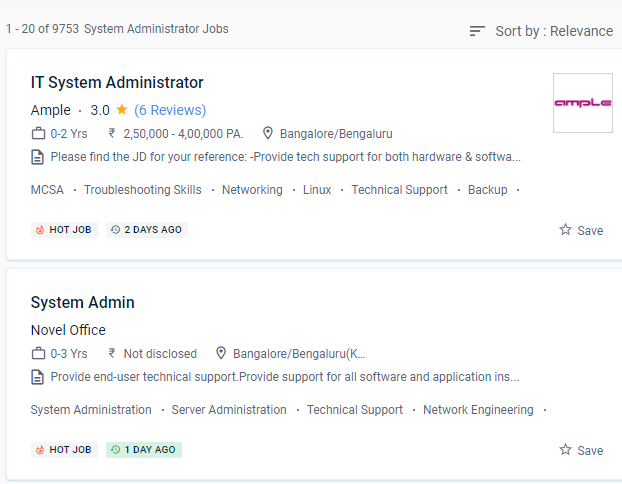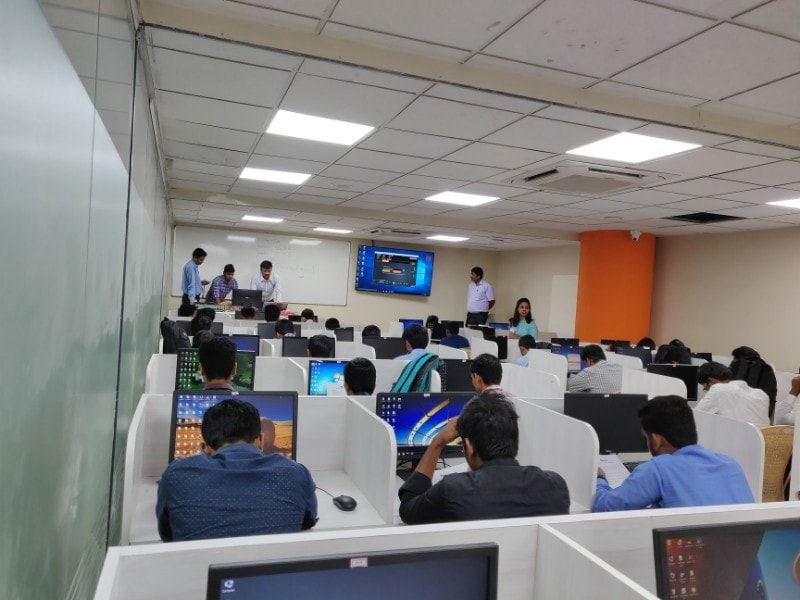System Administration Training by Experts
Our Training Process

System Administration - Syllabus, Fees & Duration
MODULE 1
- System administration introduction, policies, overview, UNIX history and basis
MODULE 2
- File systems and disks
MODULE 3
- Software installation concepts
MODULE 4
- Multi users basics, politics, policies and ethics
MODULE 5
- Automating administrative tasks
MODULE 6
- Networking
MODULE 7
- Backup and disaster recovery
MODULE 8
- DNS
MODULE 9
- SMTP, HTTP
MODULE 10
- Configuration management
MODULE 11
- Distributed computing
MODULE 12
- SNMP, monitoring
MODULE 13
- System security
This syllabus is not final and can be customized as per needs/updates





 We'll take a deep dive into the cloud, covering everything from common cloud infrastructure setups to cloud resource management.
They set up the network card (NIC) so that data can be sent and received appropriately. Information technology (IT) experts execute the work of systems administration for a company. It is their responsibility to ensure that computer systems and related services work smoothly. Systems administration is the division of information technology that is in charge of keeping multi-user computer schemes up and running. Finally, you'll discover how to restore your company's IT infrastructure following a disaster. Students who pursue a diploma in this field have a fantastic opportunity to expand their expertise. Information security managers are given more duties when it comes to protecting sensitive data from hackers. You now understand what system administration entails, as well as the functions that system administrators execute and the talents that system administrators possess. Circuit boards and CPUs are assembled by computer hardware engineers to produce functional mobile or desktop devices.
We'll take a deep dive into the cloud, covering everything from common cloud infrastructure setups to cloud resource management.
They set up the network card (NIC) so that data can be sent and received appropriately. Information technology (IT) experts execute the work of systems administration for a company. It is their responsibility to ensure that computer systems and related services work smoothly. Systems administration is the division of information technology that is in charge of keeping multi-user computer schemes up and running. Finally, you'll discover how to restore your company's IT infrastructure following a disaster. Students who pursue a diploma in this field have a fantastic opportunity to expand their expertise. Information security managers are given more duties when it comes to protecting sensitive data from hackers. You now understand what system administration entails, as well as the functions that system administrators execute and the talents that system administrators possess. Circuit boards and CPUs are assembled by computer hardware engineers to produce functional mobile or desktop devices.



















































































